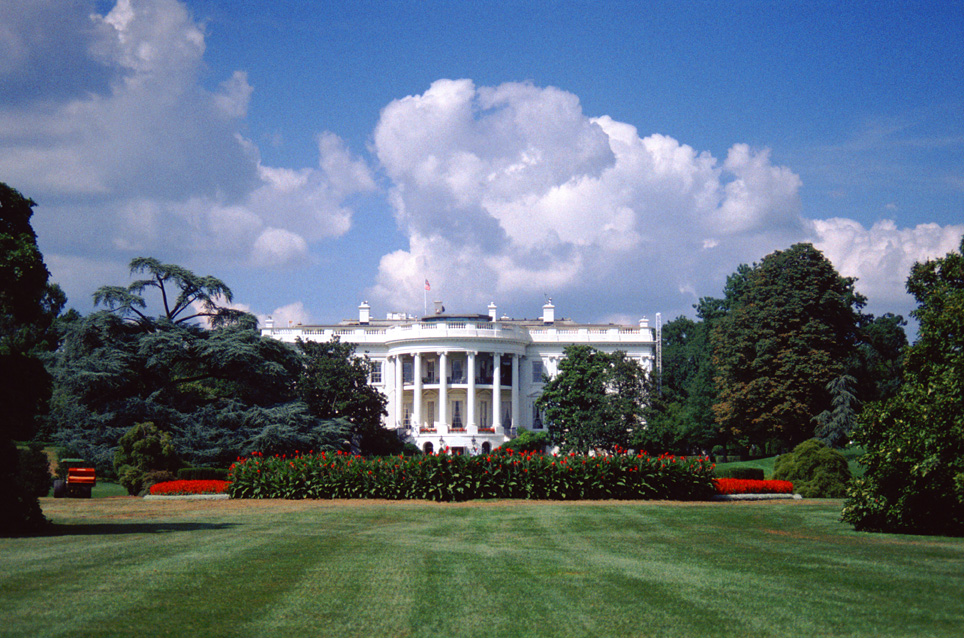
How the Faith-Based Initiative Can Help the New Administration Reach Marginalized Communities
Stanley Carlson-Thies and Chelsea Langston, February 3, 2017
President Obama made clear on the campaign trail in 2008 that if elected, he would continue the White House Office of Faith-based and Community Initiatives, also referred to as the faith-based initiative, that had been started by President George W. Bush. He did, renaming it the office the White House Office of Faith-based and Neighborhood Partnerships. President Trump would be well served to continue this vital bi-partisan contribution to America’s communities and our public life.
While the Obama administration arguably could have done more through the faith-based initiative to connect with faith-based and place-based organizations on a local level to both empower them and learn from them about innovative solutions they had found in their communities, it did keep the faith-based initiative intact, including the important rules that allow faith-based organizations to maintain their faith-based identity and staffing practices and still compete on an equal basis with secular organizations for federal grants. These rules, established 20 years ago on a bipartisan basis by President Clinton under Charitable Choice, have been upheld by two presidential administrations and play a vital role in ensuring religious organizations with the best solutions to societal challenges are welcome at the table for federal partnerships. The Obama faith-based initiative’s webpage, now archived, states clearly its purpose was to: “build bridges between the federal government and nonprofit organizations, both secular and faith-based, to better serve Americans in need.”
There is little that can be ascertained with certainty about President Trump’s plans for continuing, reformatting, or completely eliminating the faith-based initiative. There is no clearly visible White House Office of Faith-based and Neighborhood Partnerships on the administration’s whitehouse.gov page. Webpages for the centers at HHS, HUD, Education, Labor, and other federal departments are un-refreshed, seemingly suspended. It is normal, in some respects, for a new administration to take time to update agency pages and settle on major initiatives and offices of the White House. Yet Trump’s silence on the campaign trail and in the days since his election about whether the faith-based initiative will even continue does raise questions for those who hope the administration will see the important value in the faith-based initiative.
Of course, each administration can and must decide how to (re)organize the White House and policy offices in federal departments so that its goals and promises can be fulfilled. The new administration may have simply called a time-out for the faith-based office and centers as it first tackles its top agenda items and while it considers how best to reinvigorate the federal government’s engagement with community and faith-based organizations.
We sincerely hope that is the case. President Trump has made clear that he cares about government operating efficiently and effectively, and finding innovative and cost-effective solutions to our most prevalent societal challenges. The faith-based initiative would be an essential component in catalyzing President Trump’s stated goals of revitalizing communities and making government more cost-effective and less burdensome on civil society.
The faith-based initiative has the potential to empower local organizations that provide the best services at the lowest costs and know how to best serve the particular needs and interests of their local communities. Moreover, the faith-based initiative can build the capacities of these faith-based and neighborhood groups so that they have the ability and understanding of how to compete for government funds. The more organizations competing for government grants, the more competitive the process will be. This is good for the government’s bottom line, for the generation of the most innovative and outcomes-driven government partnerships, and for communities themselves. Once more, the faith-based initiative will help the Trump administration learn from diverse community-based organizations around the country about innovative solutions that may be meaningful and effective models for the government to consider adopting on a broader scale.
Trump’s emphasis on government efficiency is very much aligned with the goals of the faith-based initiative under both Bush and Obama to promote partnerships between the federal government and civil society organizations that are non-financial in nature. Building the capacities of local organizations helps ensure these organizations provide vital community supports. A strong nonprofit sector, with any organizations funded entirely through non-governmental resources, helps ensure that communities have access to social services that the government might otherwise need to step in and provide. Yet even when a faith-based or community organization doesn’t receive any federal funds, they still could be a vital non-financial partner with the federal government for achieve goals pertinent to both the government and the neighborhood organization.
The FAQ page for the Obama White House faith-based office highlights this:
“The White House believes nonfinancial partnerships between the government and nonprofits are as important as financial partnerships. Examples of nonfinancial partnerships include community efforts to recruit and train volunteers to serve in our nation’s public schools and the formation of jobs clubs by neighborhood organizations — clubs that provide job seekers with opportunities to network, get social media training, and to meet potential employers.”
We hope the Trump administration also embraces a vision of how the faith-based office and centers could play a key role in achieving his aims to promote efficient and effective public services, help to connect and energize neglected rural and urban communities, and renew America’s promise and values for everyone in our diverse nation.
